We don’t have all the answers, but we’re hoping this FAQ can provide some insight as to why this conversation is important.
-
Some might be thinking this is an unlikely partnership, which is fair. This isn’t a combination you see promoted often, but we see that as an opportunity to bring the conversation about mental health into spaces that it wasn’t in before.
We seek to meet people where they’re at, and for some, that means we need to meet them at the bar they visit when they’ve had a tough day and don’t know where else to turn for comfort. Some people aren’t as open or comfortable with speaking to a therapist or counselor. Starting the conversation at breweries can be a safe space for some to open up about what might be going on in their lives.
-
Starting the conversation is the first step. To continue that conversation, people can turn to the mental health resources that are printed on the label of the beer or participate in one of Hope for the Day’s mental health education workshops.
One of those resources on the label is the Hope for the Day Resource Compass, a tool used to help find resources and services available in your area. The Resource Compass includes mental health services, general healthcare, food security, housing, and more.
Our education offerings, including The Things We Don’t Say | Parts 1 & 2, are another way to continue the discussion of mental health and self-care. The Things We Don’t Say - Identity & Orientation and Project R.E.D. Team also continues the discussion and focuses on the intersection of specific communities and mental health.
-
Yes! Mental health conversations belong in every industry, community, and space. Everyone has mental health, and some people need more support. By breaking down the stigma around mental health conversations, we can work to make sure that resources are available to those who need them when they need them.
-
In the pursuit to destigmatize mental health, we must acknowledge that ALL stories about mental health challenges are valid and deserving of recognition. Alcohol plays a part in many people’s stories, and to simply ignore that side of one’s struggle would be to ignore part of who they are.
Instead of avoiding these important conversations in the alcohol industry, we should embrace these discussions and maybe even save someone’s life.
-
We support you! We’re glad that you are making the choice that is the best for you and your mental health.
Breweries can also choose to brew a non-alcoholic version of the beer.
This campaign is NOT meant to encourage people to consume alcohol if they choose not to. This campaign is meant to bring the conversation about mental health into breweries and to their customers so they can all have access to mental health resources.
